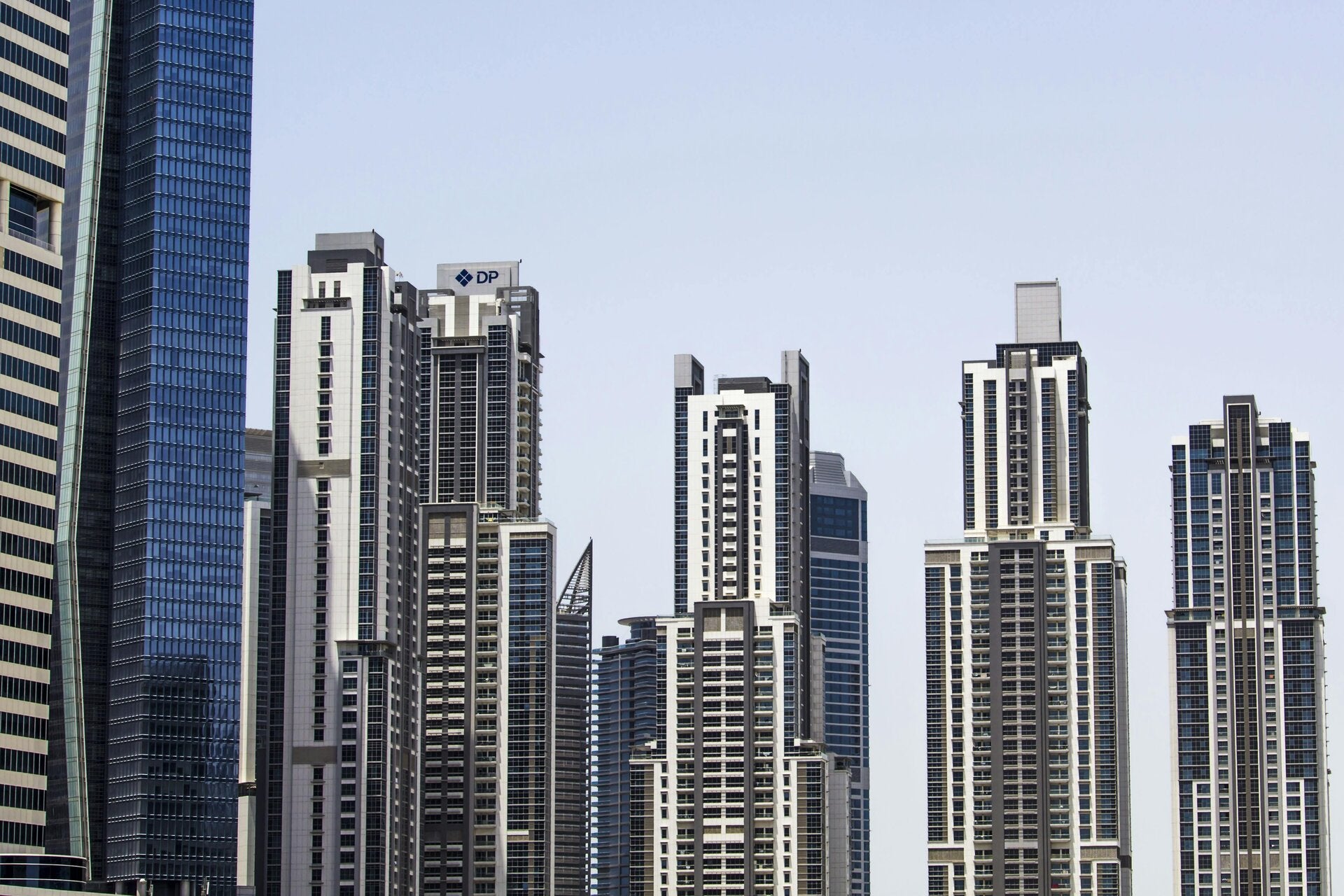
Dubai Property Investment 2025: 10 Essential Things to Know Before Buying
Thinking about buying property in Dubai? Discover 10 crucial things every investor must know — from freehold rules and service charges to rental yields, financing, and resale strategies. Make smarter decisions in Dubai’s booming real estate market.
Buying Property in Dubai: 10 Things You Can’t Afford to Overlook
Dubai has transformed into one of the most exciting property markets on the planet. Sleek towers, visionary developments, and tax-free ownership have put it firmly on the global investment map.
But here’s the truth: buying property here isn’t just about spotting a shiny apartment and signing up. To really benefit, you need to understand how the market operates, what your options are, and where the pitfalls lie.
Here are 10 things every smart investor should know before buying in Dubai.
1. Developer Sales vs. Resale Market
When you buy in Dubai, you’ll either be purchasing direct from the developer or through the resale market.
Developer Sales: Brand new projects, often with staged payment plans and incentives.
Resale Market: Properties sold by existing owners, usually with immediate availability.
Both are valid routes — but your choice affects price, flexibility, and resale potential.
2. Move-In Ready vs. Under Construction
Do you want returns today, or are you investing for the future?
Ready Homes: Available now, often rented out and generating income.
Off-Plan Homes: Bought during construction with a lower entry price and the potential for strong growth by completion.
Dubai’s escrow rules add buyer protection, but waiting for completion always requires patience.
3. Freehold Areas for Foreign Buyers
Not all of Dubai is open to international ownership. Foreigners can only buy in designated freehold zones, which include popular hotspots like Downtown, Dubai Marina, Palm Jumeirah, and Business Bay. Choosing the right location is just as important as choosing the right property.
4. Service Charges and Maintenance Fees
Beyond the purchase price, owners must pay annual service charges for building upkeep, security, and amenities. These vary widely depending on the property type — a luxury tower with pools and gyms will naturally cost more to maintain than a low-rise building.
5. The Role of Escrow Accounts
Dubai’s real estate regulators require that money paid for off-plan projects is held in an escrow account. This protects buyers by ensuring funds are only released to the developer as construction progresses, reducing the risk of incomplete projects.
6. Rental Yields and Tenant Demand
Dubai is famous for high rental yields, but returns vary depending on the area and property type. Smaller apartments in high-demand districts often generate stronger yields than luxury villas. If your goal is income, research tenant demand before buying.
7. Mortgages and Financing Rules
Expats can access mortgages in Dubai, but requirements differ from their home countries. Loan-to-value ratios are capped (often 50–75%), and banks require proof of income and residency status. Understanding financing rules early avoids delays later.
8. Buying Costs Beyond the Sale Price
Expect additional costs, including:
Dubai Land Department transfer fees (usually 4% of the purchase price).
Registration fees.
Agent commissions (if applicable).
Factor these into your budget — they add up.
9. Legal Protections and RERA Oversight
The Real Estate Regulatory Agency (RERA) sets the rules and enforces standards. This provides a level of protection for investors, but you should still use a trusted broker or legal advisor to ensure everything is above board.
10. Exit Strategy and Resale Market
Finally — think about your exit strategy before you buy. Will you hold for rental income, sell on completion, or flip in the secondary market? Dubai’s property market is liquid, but timing your resale can make a huge difference to your returns.
✅ The Bottom Line
Dubai offers incredible opportunities, but knowledge is your biggest asset. By understanding how the market works — fro
m freehold rules to hidden costs — you’ll be in a much stronger position to make your investment pay off.